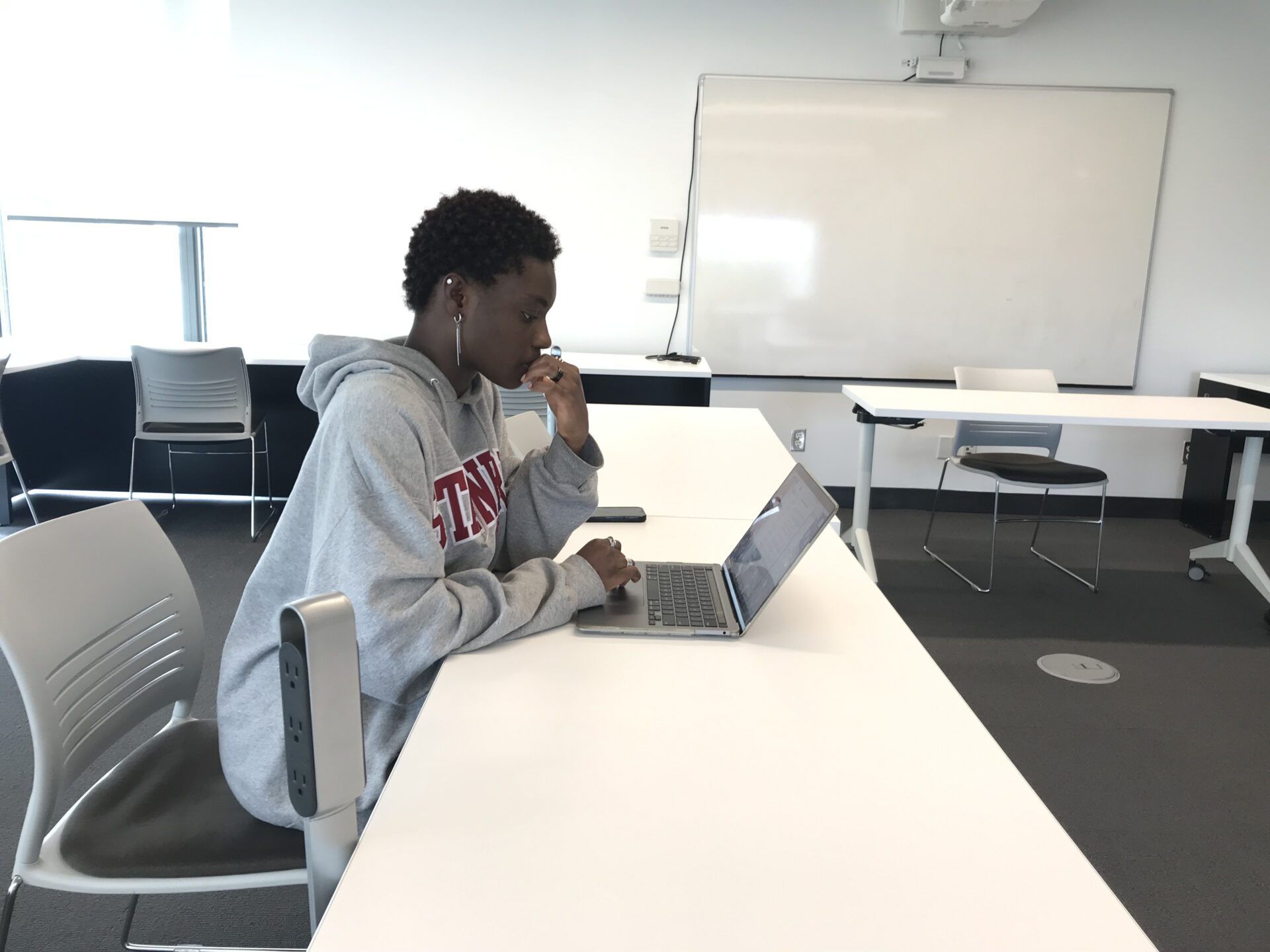Travel
Culture shock was not actually a shock when this 20-year-old international student came to Toronto – The Toronto Observer

Sitting comfortably in her Canada Airlines seat, with her fizzy coke sitting on top of her grey tray, Sara Thomas looks out the oval shaped window of the aircraft and begins to anticipate her new life in Toronto.
That was in 2021. The 20-year-old is now a student in the Computer Science program at the University of Toronto.
She shared with the Toronto Observer what it was like moving to a new country alone, along with the changes that she had to endure.
Her experience, she said, was not what she expected.
“Immigrating to Canada was a lot easier than what I thought it would be,” she said.
“I have moved around a lot in my life and Canada was just another country. I thought that the culture shock would be a lot harsher, but it turned out to be just fine.”
Watch | Navigating change in a new city
Like many students at U of T, Thomas came from abroad, more specifically Brussels, Belgium, to pursue her academic career in science.
Adjusting to a new country was not as challenging as she anticipated it to be, since she had lived in places such as France, Nigeria, Belgium, Cameroon, Kenya and other countries.
“I feel that I am a lot more accepting to differences,” Thomas said. “For example, international schools encourage being different … There is not one correct way of viewing the world and interacting with it. I don’t feel the need to reject my culture, in order to fit in.”
One aspect for Thomas which she found challenging was finding her friend group during a global pandemic.
“Making friends was very hard, especially with COVID-19. I had to rely on my roommates to be my friends. My roommates and I were not that compatible either,” Thomas said.
Stepping out of her comfort zone
Thomas grew from that situation by distancing herself from people she felt she had no compatibility with. This situation helped Thomas in finding the right friend group for her.
“A recent change is that I’m trying to be more extroverted and hang out with more people, even if I don’t know them that well. I feel that I’m going through the experiences that I expected to have while being a young person in their 20s,” Thomas said.
For Thomas, change includes stepping out of her comfort zone and widening her social network through meeting people and getting to know them. This includes going downtown with her friends from university and hanging out, or going to dance classes at the university and interacting with people.
“I’m proud of making new friends,” she said. “I’m a very introverted person, even though I have moved around a lot. Most of the time, I was in environments where I had to make friends because I would constantly see the same people every day in class. Whereas when you go to university, it’s so open.”
Helping international students navigate change
Kendel Chitolie, an International Student Immigration Advisor at the University of Toronto, helps international students navigate their academia as well as settle into their new environment.
“Transitioning brings in a bunch of things like homesickness, financial aspects, navigating the healthcare system,” he said. “My role encompasses a lot.”
Chitolie said new students face several challenges when they start university.
“We see first-year and second-year students navigating change and being in a new academic setting and a different environment. You see students who had 90s and 100s in their high school career and then suddenly, they’re getting their first Cs and Ds, so it’s definitely tough,” Chitolie said.
The article, “Strategies for International students to adapt to academic culture in a new study,” published by Grade Guru, talks about the challenges of adapting to new classroom dynamics as an international student and the different ways to navigate those challenges.
According to Grade Guru, “Effective communication with professors is a vital component of academic success, particularly for international students adapting to a new educational environment.”
Navigating change from the perspective of a parent
The Toronto Observer did an email interview with Thomas’ mother to get an understanding of what it was like for her to send her daughter overseas for a post-secondary education. We are not publishing her name at her request, for privacy reasons.
“It was more than emotional, it was more of an emotional breakdown to send my child abroad for school,” she said. “I think she’s been away for three years now, but I still have not gotten over it. I miss her so much.”
Thomas’ mother had anticipated that Thomas would go through several challenges while living in a new country and providing for herself.
“Of course I anticipated many challenges. I think sending a child at 17 years old to live thousands of miles away by herself, pay her bills and travel alone … I felt that it was an extremely challenging thing for a 17-year old to do,” Thomas’ mother said.
Thomas had told the Toronto Observer that traveling alone was not something she was worried about upon her arrival in Canada, but more so the financial part of being independent such as paying bills. “Paying bills was new, and still is because my mom always handled everything,” Thomas said.
The department Thomas’ mother works for often requires moving from one country to another, which in the past has been both a strength and challenge for Thomas.
“Sara has lived in six, seven if not more countries,” her mother said. She’s always been a globetrotter and can adjust anywhere. However, anytime she changed countries, it was challenging emotionally because you lose people.
“It makes me feel confident that she can adjust anywhere, but it also made me worry because as you grow up, it becomes more difficult to leave things behind.”
She said the move to Canada forced Thomas to learn how to care for herself in all aspects of her life.
“I think she had to grow up, as well as organize herself to be able to take care of her academic life,” Thomas’ mother said. “The massive change she had to make was to worry about more than just doing her homework. It was now about being responsible for her surroundings rather than being a kid who’s only responsibility is school.”
Where the future lies
When asked about her goals and where she sees herself in 10 years from now, Thomas said she sees herself working in technology.
“I’ve always wanted to do research, so I got hired to work with drones in a research project and that is something that I’ve always wanted to do. In ten years from now, I guess I see myself working with new technology to help the world move towards sustainability.
The Observer asked Thomas if she sees herself moving back to Brussels and starting a life of her own there. “It’s not in my plans, but if I get a really good opportunity in my field that requires me to move to Belgium, then I would consider it,” Thomas said.
“I’m grateful for where I am in my life right now, and my past tribulations which have shaped me,” she said.









